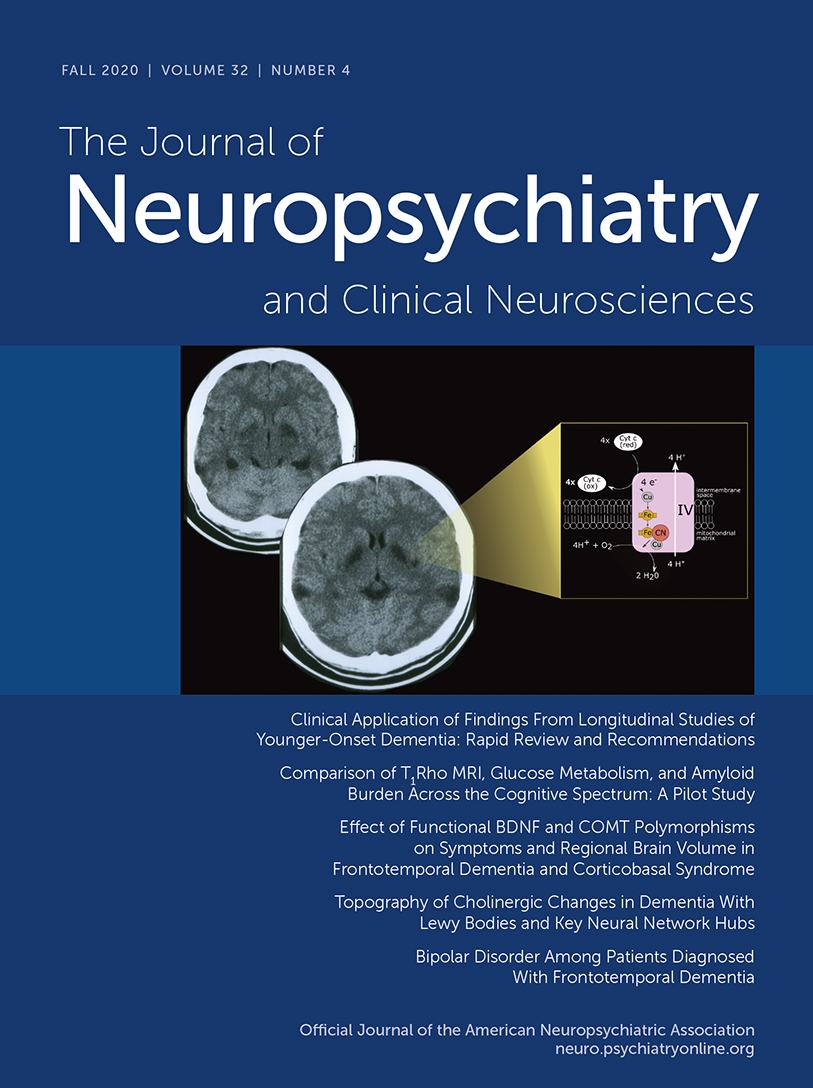Speech and Language Therapy for Voice Problems in Parkinson’s Disease: A Meta-Analysis
Abstract
Patients with Parkinson’s disease (PD) commonly have speech and voice problems that affect their functional communication and that are not sensitive to pharmacological or neurosurgical treatments. The authors aimed to evaluate the effects of speech and language therapies (SLTs) on dysphonia in patients with PD by analyzing data from published randomized controlled trials (RCTs). Studies in English and Chinese that were related to speech and language treatment for patients with PD were retrieved from PubMed, Embase, Chinese National Knowledge Infrastructure, China Science and Technology Journal Database, Chinese Biomedical Literature Database, and Wanfang Database. On the basis of exclusion criteria, 391 records identified through the search were reduced to 10 studies that included 230 patients in the treatment groups and 205 patients in the control groups. A meta-analysis of data from the 10 studies was performed to examine the effects of SLTs on dysphonia in patients with PD. SLTs increased sound pressure level during sustained phonation, reading of the Rainbow Passage, and monologue 6 months after treatment, enhanced semitone standard deviation during reading of the Rainbow Passage more than 12 months after treatment, and reduced Voice Handicap Index scores among patients with PD with dysphonia problems at least 3 months after treatment. These findings demonstrate the efficacy of SLTs, especially Lee Silverman Voice Treatment, in increasing vocal loudness and functional communication among patients with PD. Further RCTs with large samples and multicenter participation are needed to validate the long-term effects and the efficacy of SLTs among patients with severe PD.



